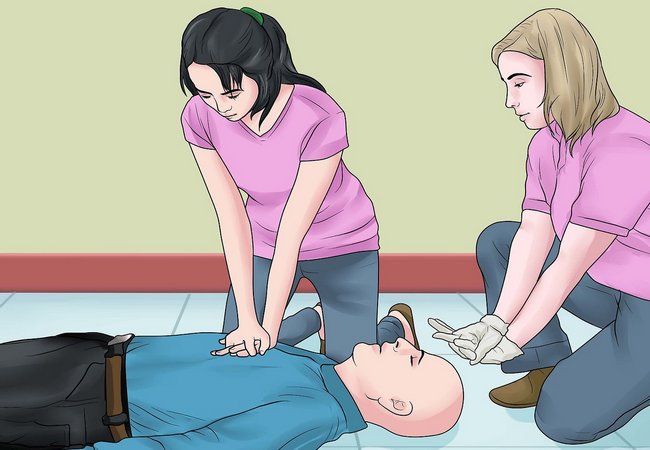Definition of Shock:
Shock is defined as a pathophysiological state in which there is reduced oxygen consumption by the peripheral tissues produced by a reduction in delivery of oxygenated blood or reduced oxygen extraction by the peripheral tissues. It is an acute clinical syndrome by hypo-perfusion, resulting in severe dysfunction of the organs vital survival.

Classification or Types of Shock:
The following classifications are given below:
Primary shock:
This occur acting at the time of the accident or sudden illness.
Secondary shock:
This may not develop until several hours after the accident or sudden illness and is unusually very serious.
Another Classification:
Oligaemic shock:
This occurs when the tissues have been damaged and there is loss or blood or fluid from the circulation. It is very commonly present in the following circumstances-
- Fracture,
- Hemorrhage,
- Burns and scalds,
- After surgical operation,
- In severe vomiting and diarrheas.
Neurogenic shock:
This may happen when no specific injury has taken place but when an emotional upset has occurred. It can occur in the following circumstances-
- In state of fear,
- In state of high emotion due to bed news,
- Due to exposure,
- Spinal or head injury.
Hemorrhagic shock:
Loss of blood due to wounds, Loss of blood due to wounds, internal bleeding, multiple trauma and severe burns.
Respiratory shock:
There is insufficient amount oxygen in the blood due to inadequate breathing or respiratory arrest.
- Spinal injury,
- Obstruction of airways,
- Chest trauma.
Psychogenic shock:
Something psychological affects the patient death of loved one, accident etc.
Cardiac shock:
Cardiac muscle not pumping effectively due to injury or previous heart attack. The heart muscle no longer imparts sufficient pressure to circulate the blood.
Metabolic shock:
Loss of body fluid with a change in biochemical equilibrium and insulin shock diarrhea.
Septic shock:
Septic shock is a serious condition that occurs when an overwhelming infection leads to low blood pressure and low blood flow.
Anaphylactic shock:
Severe allergic reaction of the body to sensitization by a foreign protein.
Sign and symptoms of Shock in Medical:
Sign and Symptoms Of all types of shock Includes:
- Rapid, shallow or gasping breathing,
- Cold, pale, clammy skin,
- Rapid but weak pulse,
- Dizziness or fainting,
- Weakness, fainting or giddiness and discomfort,
- Eyes appear to stare,
- Pupil are dilated, lusterless of eyes,
- Anxiety or restlessness/ agitation,
- Seizures,
- Confusion or unresponsiveness,
- Low or no urine output,
- Bluish lips and fingernails,
- Profuse sweating, moist skin,
- Shaking and trembling of arms and legs,
- Chest pain,
- Nausea, vomiting or extreme thirst,
- Blood pressure falls,
- Sunken eyes (Lusterless eyes),
- Shaking and trembling of arms and legs,
- Generally the patient is very quiet and dustless but it the shock is caused hemorrhage in which patient will be restless and anxious,
- Face pale and grey color,
- Occasionally cyanosis,
- Temperature will be subnormal,
- Unconsciousness may be develop,
- Evidence of associated external or internal bleeding.

Maria Khatun Mona is a Founder and Editor of Nursing Exercise Blog. She is a Nursing and Midwifery Expert. Currently she is working as a “Senior Staff Nurse” at “Dinajpur Medical College Hospital”, Bangladesh. She has great passion in writing different articles on Nursing and Midwifery. Mail her at “maria.mona023@gmail.com”
